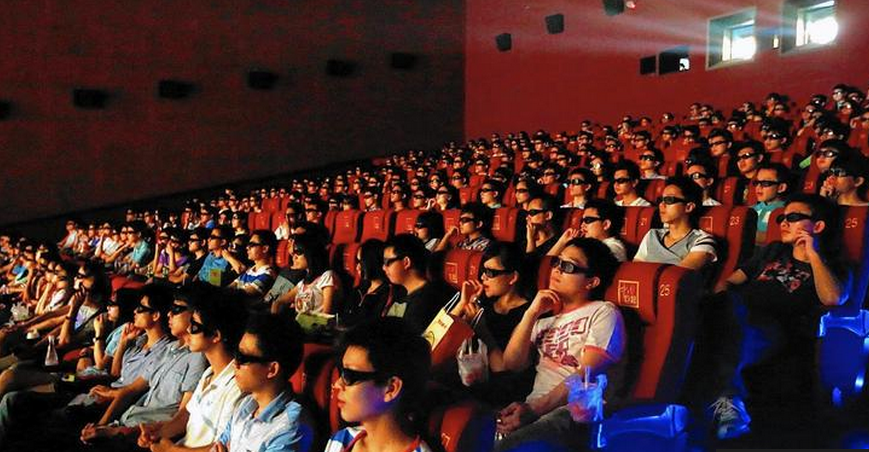In October 2014, Xi Jinping delivered a speech at the Beijing Forum on Literature and Art encouraging those in China’s creative industries to promote Party ideology and patriotism with their work. This speech attracted Xi yet more comparison to his heavy-handed predecessor Mao Zedong, who in 1942 outlined similar responsibilities for artists and intellectuals in Communist China at the Yan’an Forum on Literature and Art. A year after Xi delivered it, state media released the “full text” of his speech earlier this month, though some of the more controversial pieces of the original address were conspicuously absent. At Global Voices, Jack Hu outlines the “dark historical context” of Xi’s speech in Beijing, noting many similarities between it and Mao’s seminal address on model artistry, as well as parallels in their stern styles of governance:
There was no explanation offered for why the transcript of Xi’s speech, which called on artists to serve the people and be consistent with communist thinking, took so long to be published. At the time, Chinese intellectuals fearfully pointed out that it resembled Chairman Mao Zedong’s talk on the political function of the arts at the Yan’an Forum on Literature and Art in 1942, a speech that marked the beginning of the Rectification Movement, a campaign within the Chinese Communist Party for turning the liberal and independent Chinese intellectuals into party mouthpieces. It also took more than a year for the full text of Mao’s speech to be officially published on party mouthpiece, Jiefang Daily.
[…] No wonder some analysts said the speech, apart from being a revival of Maoist ideology, is an attempt to burnish Xi’s image as a new cultured type of Chinese leader, rather than a traditionally rigid communist party leader.
Though direct criticism of the speech could not be found online, attentive readers can still find some subtle reminders of the brutal repression of intellectual thought throughout Chinese contemporary history. […] [Source]
Xi’s arts speech and state media’s delayed spotlight on it both came amid a deepening connection between Hollywood studios and Beijing—the former increasingly willing to cater to Chinese censors in effort to win coveted access to China’s rapidly growing film market; the latter keen to become a global soft power force to be reckoned with. Last week at China Film Insider, Sky Canaves highlighted sections of Xi’s speech exemplary of Beijing’s cultural ambitions, and potentially of special relevance to Hollywood:
Xi’s speech serves as a potent reminder that the control of arts and culture remain in the forefront of the Chinese leadership’s minds, and that whatever freedoms have been gained through market reform are still subject to control. The speech would have been widely circulated among the official cultural organizations that sent representative to last year’s forum, including the China Film Association.
Mao, along with Lenin and Marx, are quoted in the speech. Mao’s calls for “revolution” are replaced by Xi’s emphasis on “rejuvenation” or “restoration.” The arts no longer need to serve the purpose of socialist revolution, but rather the restoration of Chinese culture as a global force able to hold its own with the rest of the world, particularly the United States. Xi acknowledges that the trend of globalization in the arts cannot be reversed, but asserts that, at least within China it can be managed and controlled.
Xi’s words should embolden those who aim to fill Chinese media outlets with patriotic content, such as the producers of an upcoming 45-episode television series depicting life in the rural Chinese village where the Chinese president spent much of the Cultural Revolution. As illustrated in the case of recent allegations of fraud in ticketing practices to favor a homegrown patriotic war film over a Hollywood import, market-driven entertainment may find itself losing out when nationalistic content takes precedence. In a similar vein, the Chinese president’s speech could pave the way for new restrictions on imports of foreign entertainment in China.
Below, we’ve translated a selection of passages from Xi’s speech which could have a particular bearing on Hollywood’s role in China. […] [Source]







